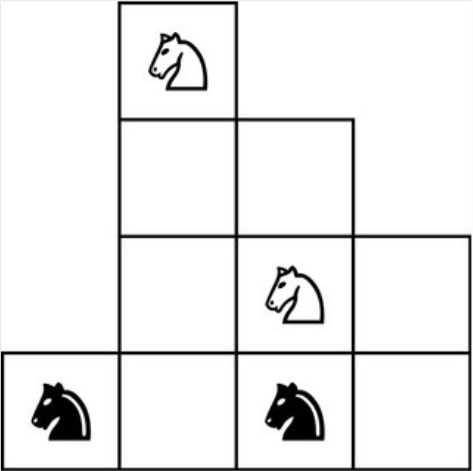Paper awards for @NeurIPSConf have been announced!🎉#NeurIPS2021 blog.neurips.cc/2021/11/30/ann…
Congrats to all the winners, I'll link to the Outstanding Paper Awards 🧵
1. A Universal Law of Robustness via Isoperimetry, by @SebastienBubeck & @geoishard.
arxiv.org/abs/2105.12806 (1/n)
Congrats to all the winners, I'll link to the Outstanding Paper Awards 🧵
1. A Universal Law of Robustness via Isoperimetry, by @SebastienBubeck & @geoishard.
arxiv.org/abs/2105.12806 (1/n)

Outstanding Paper Award 2. On the Expressivity of Markov Reward, by @dabelcs, @wwdabney, @aharutyu, @Mark_Ho_, @mlittmancs, Doina Precup, and Satinder Singh.
arxiv.org/abs/2111.00876 (2/n)
arxiv.org/abs/2111.00876 (2/n)

Outstanding Paper Award 3. Deep Reinforcement Learning at the Edge of the Statistical Precipice, by @agarwl_, @max_a_schwarzer, @pcastr, @AaronCourville, @marcgbellemare.
arxiv.org/abs/2108.13264 (3/n)
arxiv.org/abs/2108.13264 (3/n)

Outstanding Paper Award 4. MAUVE: Measuring the Gap Between Neural Text and Human Text using Divergence Frontiers, by @KrishnaPillutla, @swabhz, @rown, @jwthickstun, @wellecks, @YejinChoinka, Zaid Harchaoui
arxiv.org/abs/2102.01454 (4/n)
arxiv.org/abs/2102.01454 (4/n)

5. Continuized Accelerations of Deterministic and Stochastic Gradient Descents, and of Gossip Algorithms, by Mathieu Even, @RaphalBerthier1, @BachFrancis, Nicolas Flammarion, Hadrien Hendrikx, Pierre Gaillard, Laurent Massoulié, Adrien Taylor
arxiv.org/abs/2106.07644 (5/n)
arxiv.org/abs/2106.07644 (5/n)

Outstanding Paper Award 6. Moser Flow: Divergence-based Generative Modeling on Manifolds By Noam Rozen, @adityagrover_, @mnick, and @lipmanya.
arxiv.org/abs/2108.08052 (6/n)
arxiv.org/abs/2108.08052 (6/n)

• • •
Missing some Tweet in this thread? You can try to
force a refresh













